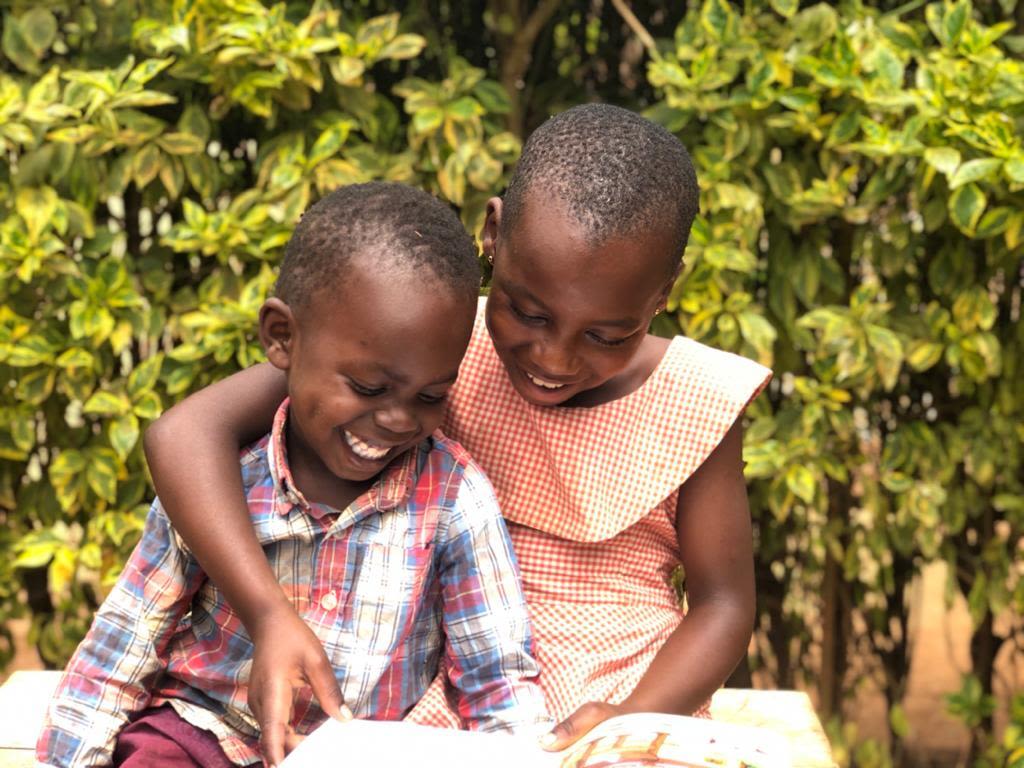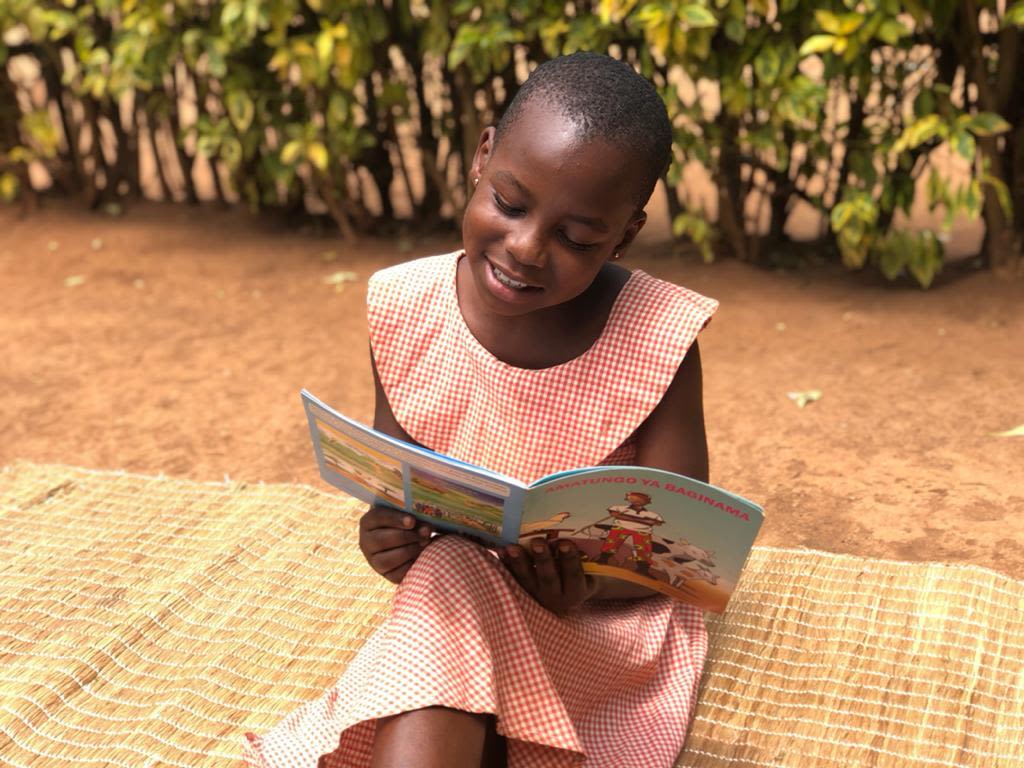Jolly “unlocks” her book smarts

Before 9-year-old Jolly started going to the reading camp, she could hardly read a word. Reading seemed like the most difficult thing in the world, and not being able to read affected other school subjects too. It’s not surprising that Jolly didn’t enjoy school and she could barely understand her homework, let alone complete it.
As a sponsored child in Akagera, Rwanda, Jolly was well positioned to benefit from World Vision’s Unlock Literacy programme. While for decades World Vision has invested in education across more than 60 countries providing millions of children with greater opportunities to attend school, research showed that children were not learning as well as they could.
Historically, many of our resources were focused on helping communities build schools, supporting parents to afford uniforms and fees, and providing school supplies. While these are important, we decided to shift our focus to ensure that our basic education programming is improving learning outcomes, with a goal of increasing the number of children gaining literacy and numeracy skills.
Since 2012, our teams have piloted new methods through education projects in more than 30 countries with a focus on building foundational learning and core reading skills, rather than just supporting school attendance.
Randomised controlled trial assessments have shown a significantly greater increase in student readers in schools with literacy programming than in control schools. Since World Vision launched Unlock Literacy, in conjunction with early childhood development programmes, there have been at least:
· 1.7 million children reached
· 325,589 parents and caregivers reached
· 129,318 teachers trained
· 18,000 volunteers trained
· 6,000 reading camps established
· 4.4 million books/materials produced

Programmes like Unlock Literacy - funded by donors including USAID, the World Bank, and the Korean, US and Canadian governments - are vital in countries like Rwanda which is rated 16th among sub-saharan African nations by the adult literacy rate, with a rate of 73%. They are also important contributions to the world’s efforts to achieve Sustainable Development Goals—in this case Goal #4 Quality Education.
Jolly’s community was one of where World Vision introduced community reading camps. As a result, she soon began to make huge strides in learning: “When I joined the reading camps, I learned how to read,” said Jolly, “In the reading camps, we read fascinating children story books. We pray, play, sing, draw, write, read and have fun while at the camps. I am always excited when we have sessions."
"I can now read any book. I read to my little brother and I am teaching him, too, so he can be a great reader and have good grades like me in school,” she says.
According to Jolly’s mother, Betty, her daughter was very shy in class. Her self-esteem in school was low because of her inability to read or comprehend what she was being taught. “My daughter couldn’t do homework on her own. Her grades were poor. She didn’t enjoy school... Now she is excited about learning. She enjoys reading. It gives me great pride to see her read with so much ease, do homework on her own and teach her little brother. She is no longer shy, too. I am so grateful for the great positive impact the community reading camp sessions have brought about. Jolly and many other children in our community have greatly improved their literacy skills,” says Betty.
In Jolly’s community, there is a striking difference between the children who attend reading camp sessions compared to those who don’t. Children who attend the reading camp sessions are able to read just about anything and their grades are good in school. Most of the children who don’t participate in the reading camp sessions can barely read a sentence and their grades are poor, showing that these sessions play a key role in improving literacy for children.
Jolly summarises the impact of the programming best. “I have learned how to read perfectly through the reading camp sessions. I do enjoy reading and these days I am even among the top five in my class,” she says. Jolly’s reading abilities are unlocking her potential for a better life.
Piloted in 16 countries, World Vision is now implementing Unlock Literacy in more than 30 countries in Africa, Asia and Latin America, with plans to scale up and expand into others.
